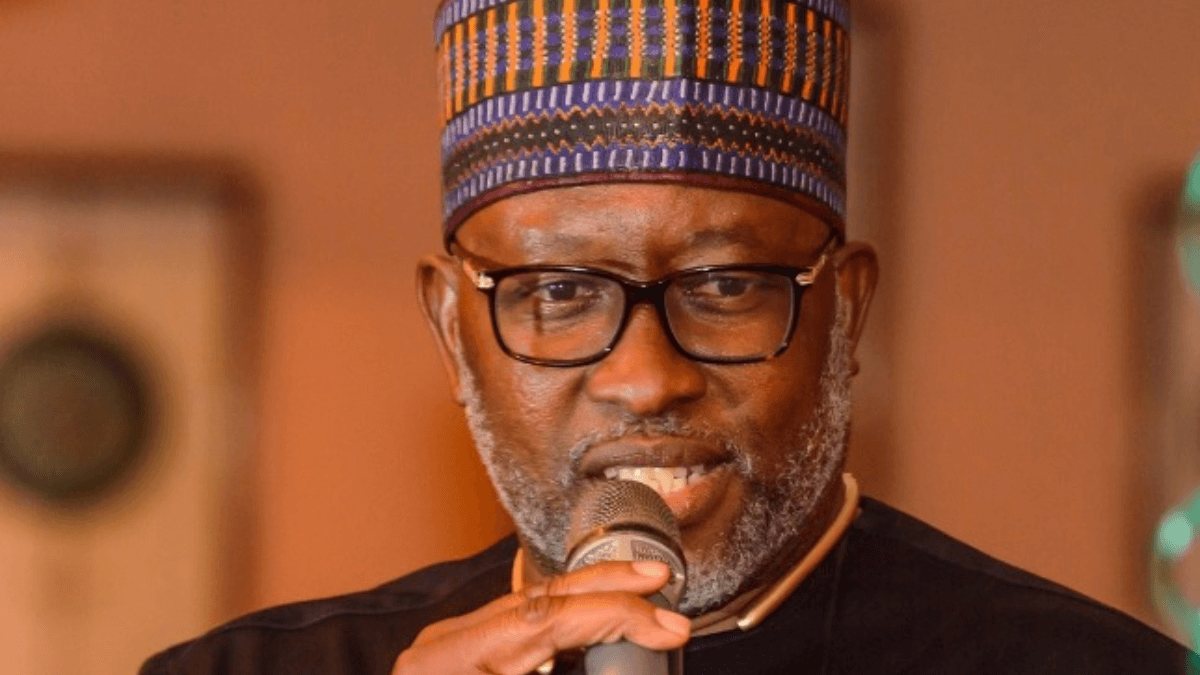News in brief:
– Ade Adefeko calls for increased private sector involvement to close Nigeria’s 2-million-ton rice production gap.
– He advocates for policies supporting agribusiness, climate-smart farming, and subsidies for agricultural production.
Nigeria’s journey toward achieving food sustainability requires significant private sector investment, according to Ade Adefeko, Chairman of the Industrial Group at the Lagos Chamber of Commerce and Industry (LCCI).
During an interview with Arise Television on Wednesday, Adefeko emphasised that agribusiness investment is crucial for addressing the nation’s persistent food challenges.
The role of private agro-industries
Adefeko highlighted the role of private agro-industries in scaling food production. Companies such as Wacot, BUA Foods, Olam Agri, and Dangote can mobilise farmers and strengthen the agricultural value chain.
“These deep-pocketed agro-industries have the resources and scale needed to address the food crisis,” Adefeko said, noting that Nigeria spends approximately $4 billion annually on wheat imports—an unsustainable figure.
He added that while Olam Agri currently supplies about 10% of Nigeria’s rice demand, the involvement of other agro-industries could elevate local production to meet up to 60% of the country’s needs.
Nigeria’s annual rice consumption stands at 7 million tons, yet local production lags at 5 million tons, leaving a deficit of 2 million tons. Adefeko stressed the importance of investments across the agricultural value chain—from seed to shelf—to close this gap.
“Agribusiness is an expensive venture,” he said. “We need to focus on the entire value chain and ramp up private sector participation to increase production.”
Budgetary concerns and policy recommendations
Adefeko criticised Nigeria’s agriculture budget, which is less than 10% of the national budget and primarily focused on recurrent expenses. He urged the government to align with the Malabo Declaration, which mandates that African countries allocate at least 10% of their budgets to agriculture.
He also called for a shift in subsidy priorities. “In Nigeria, we subsidise consumption instead of production,” he said, advocating for subsidies on agricultural inputs such as fertilisers and improved mechanised tools to enhance productivity.
Addressing climate and population growth
With Nigeria’s population growing geometrically while food production increases at a slower arithmetic rate, Adefeko warned of a looming food crisis. He urged the adoption of climate-smart agricultural practices to help farmers adapt to climate change, which poses significant threats to Nigerian agriculture.
“Without proactive measures, we might witness the worst food crisis in decades,” he cautioned.
Adefeko concluded by urging the federal government to implement duty-free windows for agribusiness operators and create policies that encourage private investment in the sector. He emphasised that Nigeria must transition from being import-dependent to achieving food security through enhanced local production and sustainable farming practices.



